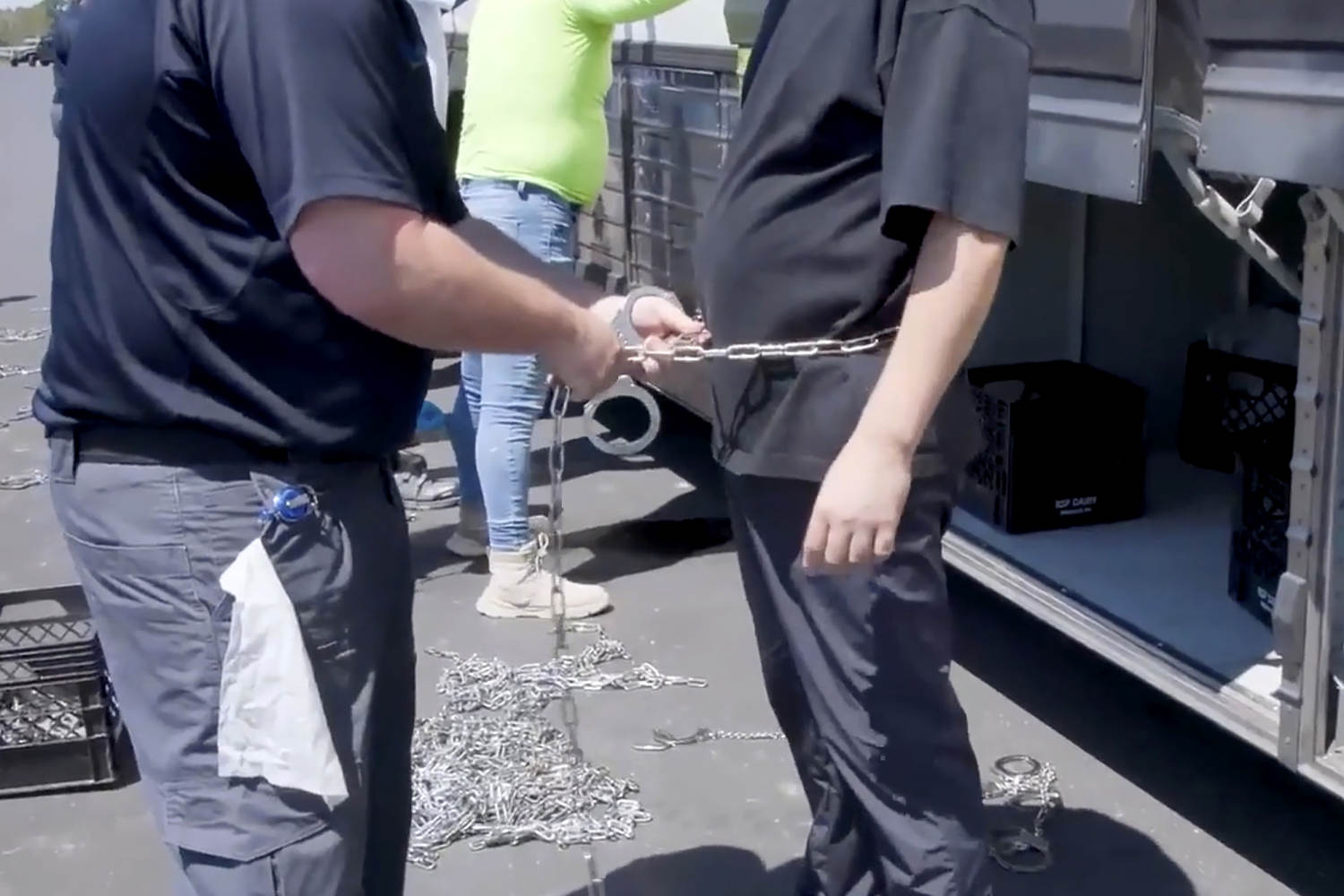Trump Shifts Policies as Economy Weakens and Foreigners Grow Concerned

Trump's Shift in Tone on Immigration: A Strategic Move or a Sign of Concern?
Donald Trump and his administration have long been associated with using fear as a central component of their anti-immigrant policies. Over the years, they have introduced various alarming narratives to deter immigrants from entering the United States. These include references to the brutal history of slave plantations, the threat of alligator attacks, and even the idea of stealing children from their families.
This backdrop makes a recent post from Trump’s Truth Social account stand out. In the message, he appeared to take a different tone, emphasizing the importance of welcoming foreign investors and their employees. The post stated:
“When Foreign Companies who are building extremely complex products, machines, and various other ‘things,’ come into the United States with massive Investments, I want them to bring their people of expertise for a period of time to teach and train our people how to make these very unique and complex products. I don’t want to frighten off or disincentivize Investment into America by outside Countries or Companies. We welcome them, we welcome their employees, and we are willing to proudly say we will learn from them, and do even better than them at their own ‘game,’ sometime into the not too distant future!”
This statement seems to signal that Trump may be starting to recognize the economic consequences of his harsh rhetoric toward immigrants. It comes just weeks after his administration conducted a raid at a Hyundai plant in Georgia, detaining hundreds of South Korean workers over visa issues. Images of some of these individuals in shackles were shared on social media before their deportation.
Despite these actions, it is clear that Trump’s administration has not entirely abandoned its aggressive tactics against immigrants. However, there is growing evidence that certain policies—particularly those that threaten free enterprise—may be causing hesitation among foreign investors.
Economic Consequences of Anti-Immigrant Policies
Michael Cohen, a columnist for Discover Trends, explained how Trump’s approach has negatively impacted the American economy. He pointed out that South Korean engineering companies are often hired by U.S. firms to set up new manufacturing facilities because finding skilled American workers can be challenging. Once this initial work is completed, U.S. employees typically take over the factory floor.
The Hyundai-LG facility in Georgia was expected to employ 8,500 workers. However, the recent raids have put this plan on hold. If similar disruptions occur across nearly two dozen factories, it could affect hundreds of thousands of potential manufacturing jobs.
Factory work is not the only sector suffering. Farm labor has also seen a significant decline. According to an analysis of Bureau of Labor Statistics data, the U.S. agricultural workforce fell by 155,000 between March and July—about a 7% drop. This aligns with Pew Research Center data showing a decrease of 750,000 immigrant workers from January through July. The labor shortage adds to the challenges farmers already face due to shrinking export markets, which could lead to crop surpluses.
Reports indicate that farmworkers are leaving their jobs out of fear of deportation. There are also concerns that Trump’s crackdown could worsen the existing healthcare worker shortage, especially since many noncitizen immigrants work as doctors, nurses, and home aides.
Additionally, the scientific community fears that Trump’s policies could lead to an academic "brain drain." Noncitizen researchers at American universities may look to move to more welcoming countries if they feel unwelcome or unsafe.
A Change of Heart or a Strategic Adjustment?
It is important to note that Trump’s apparent shift in tone appears to be driven more by economic concerns than by moral or humanitarian considerations. There is no indication that he has undergone a genuine change of heart regarding immigration. Instead, it seems that the connection between his faltering economy and his policies and rhetoric has started to produce unavoidable consequences.
As the effects of his anti-immigrant agenda continue to ripple through various sectors of the U.S. economy, it remains to be seen whether this marks a true shift in strategy or simply a tactical adjustment to address growing economic pressures.

Posting Komentar untuk "Trump Shifts Policies as Economy Weakens and Foreigners Grow Concerned"
Posting Komentar